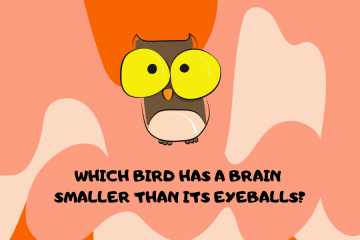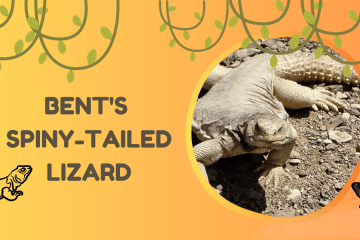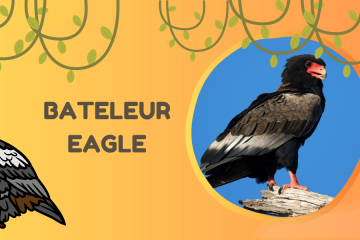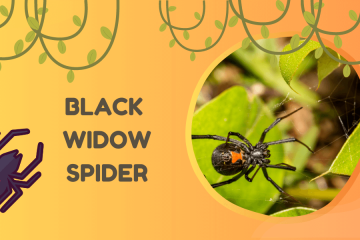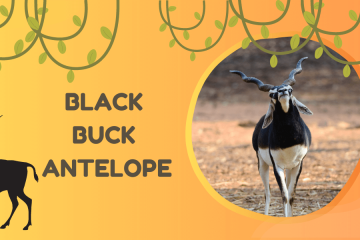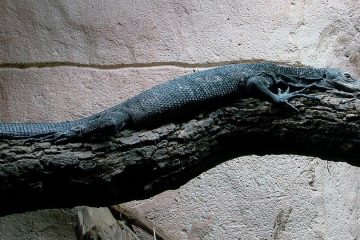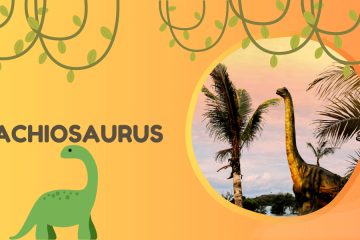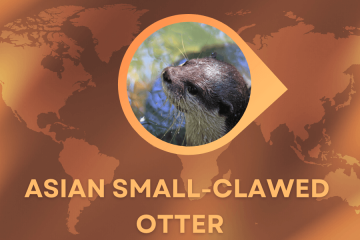Elephants Overview
Elephants are the largest existing land animals on earth and belong to the family Elephantidae and the order Proboscidea. They are herbivorous and live in different habitats, including savannahs, forests, deserts, and marshes. Distinctive features of elephants include a long proboscis known as a trunk, tusks, large ear flaps, pillar-like legs, and tough but sensitive skin.
Elephants are highly intelligent animals and have been featured in art, folklore, religion, literature, and popular culture. They communicate by touch, sight, smell, and sound; elephants use infrasound and seismic communication over long distances.
African elephants have larger ears and concave backs while Asian elephants have smaller ears and convex or level backs. Elephants are threatened by habitat destruction and poaching for their ivory tusks.
Is an Elephant an Omnivore?
No, an elephant is not an omnivore. Elephants are herbivores, meaning they primarily consume a diet of plants and vegetation, such as leaves, grasses, fruit, bark, and roots. In addition to these plant-based foods, elephants will occasionally eat insects and small vertebrates. However, these items make up a very small portion of their diet. Elephants have specialized digestive systems that are adapted for digesting plant matter.
They also have large teeth which help them to process their food more efficiently. Elephants are intelligent animals that have been observed using tools to assist them in obtaining food from hard-to-reach places. Elephants are keystone species in many ecosystems and their consumption of vegetation helps to shape the landscape through the process of 'landscape engineering’.
What is a Herbivore?
.A herbivore is an animal that survives by eating plants, such as seeds, grasses, fruits, and vegetables.
They are found in almost every ecosystem and play an important role in the food web. Herbivores have special digestive systems that allow them to break down plant matter and extract the necessary nutrients.
Some herbivores have adapted to their environment over time to be able to eat specific plants or have a specialized diet. Herbivores are essential for maintaining healthy ecosystems as they help to keep plant populations in balance. By grazing on grasses they help to promote new growth and prevent over-grazing which can lead to a decrease in biodiversity.
What Do Elephants Like Eating?
1. Fruits: Elephants love eating a variety of fruits, including bananas, melons, and papayas.
2. Grasses: Elephants are browsers that feed on a variety of grasses, including bamboo and maize.
3. Leaves: Elephants are fond of the leaves of trees such as Acacia and Terminalia.
4. Roots and Tubers: Elephants enjoy feeding on a variety of roots and tubers such as potatoes, carrots, and cassava.
5. Shoots and Twigs: Elephants also feed on shoots and twigs from trees like the African baobab tree.
6. Barks: Elephants love to feed on tree barks from species like the Indian sal tree.
7. Insects: Elephants also enjoy eating a variety of insects like termites, ants, and grubs.
8. Salt Licks: Elephants have an affinity for salt licks which are mineral deposits that they can find in certain areas in their habitats.
How Much do Elephants Eat a Day?
Elephants are voracious eaters, consuming between 80 and 136 kg (300 lb.) of vegetation daily. On average, they spend around 16 to 18 hours a day grazing on grasses, small plants, bushes, fruit, twigs, tree bark and roots.
Their large size requires a significant amount of water in order to survive, with an adult male elephant able to drink up to 212 L (55 gal.) in under five minutes.
To supplement their diet, elephants will dig up earth in order to obtain salt and minerals. All in all, elephants require a lot of food and water in order to stay healthy and sustain their immense size.

Lydia King is a huge animal lover and has always been fascinated with learning about the animal kingdom. She enjoys writing about anything animal related from scientific information about rare species to animal references in pop culture.

